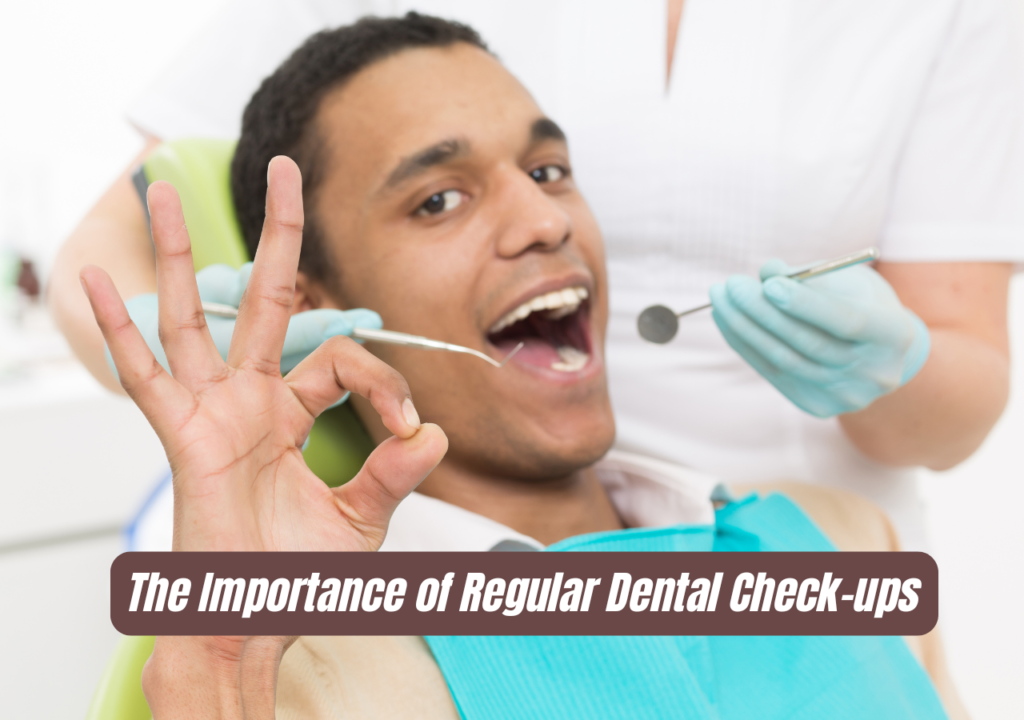Understanding Hypertrophic Cardiomyopathy (HCM) in Cats: Symptoms, Diagnosis, and
Treatment
Hypertrophic Cardiomyopathy (HCM) is the most common heart disease in cats, characterized by the thickening of the heart muscle. This article delves into the various aspects of HCM, including its symptoms, causes, diagnosis, treatment, and management strategies.

Introduction
What is Hypertrophic Cardiomyopathy (HCM)?
Hypertrophic Cardiomyopathy (HCM) is a condition in which the walls of a cat’s heart thicken, reducing the efficiency of the heart’s ability to pump blood. The disease primarily affects the left ventricle, the chamber responsible for pumping oxygenated blood to the rest of the body. This thickening can lead to a range of health problems, including heart failure and sudden death.
Prevalence and Importance
HCM is the most commonly diagnosed cardiac condition in cats, affecting a significant portion of the feline population. Understanding this disease is crucial for cat owners, veterinarians, and researchers, as early detection and management can significantly improve the quality of life and lifespan of affected cats.
Symptoms of Hypertrophic Cardiomyopathy
Recognizing the Signs
The symptoms of HCM can vary widely among cats. Some may show obvious signs of distress, while others might remain asymptomatic until the disease is advanced. Common symptoms include:
- Respiratory Distress: Rapid or labored breathing, open-mouth breathing, and coughing.
- Lethargy: Reduced activity levels and reluctance to exercise.
- Loss of Appetite: Decreased interest in food and weight loss.
- Weakness: Sudden collapse or weakness in the limbs.
- Heart Murmurs: Audible abnormal heart sounds detected during a veterinary examination.

Asymptomatic Cases
Many cats with HCM do not show any symptoms, especially in the early stages. Regular veterinary check-ups are essential to identify the disease before it progresses to a more severe stage.
Causes and Risk Factors
Genetic Predisposition
HCM is believed to have a genetic component, particularly in certain breeds. Maine Coons, Ragdolls, and American Shorthairs are among the breeds with a higher predisposition to the disease. Genetic mutations have been identified in these breeds that increase the risk of developing HCM.
Other Contributing Factors
While genetics play a significant role, other factors can contribute to the development of HCM, including:
- Age: The disease is more commonly diagnosed in middle-aged and older cats.
- Gender: Male cats are more frequently affected than females.
- Stress: High-stress levels may exacerbate the symptoms and progression of the disease.
Diagnosis of Hypertrophic Cardiomyopathy
Veterinary Examination
The diagnosis of HCM often begins with a thorough physical examination by a veterinarian. This includes listening to the heart for murmurs or abnormal rhythms.
Diagnostic Tests
Several diagnostic tools are used to confirm HCM:
- Echocardiography (Ultrasound of the Heart): The most definitive test for diagnosing HCM. It provides detailed images of the heart’s structure and function.
- Electrocardiogram (ECG): Records the electrical activity of the heart and helps detect arrhythmias.
- Chest X-rays: Useful for identifying fluid accumulation in the lungs or changes in heart size.
- Blood Tests: Can help assess overall health and rule out other conditions.
Genetic Testing
For certain breeds, genetic testing is available to identify mutations associated with HCM. This can be particularly useful for breeding programs to reduce the incidence of the disease.
Treatment and Management
Medications
While there is no cure for HCM, several medications can help manage the symptoms and slow the disease’s progression:
- Beta-Blockers: Reduce heart rate and improve heart function.
- Calcium Channel Blockers: Help relax the heart muscle and improve blood flow.
- ACE Inhibitors: Lower blood pressure and reduce the workload on the heart.
- Diuretics: Help remove excess fluid buildup in the lungs and body.
Lifestyle Adjustments
Managing HCM also involves making lifestyle adjustments to reduce stress and strain on the cat’s heart:
- Stress Reduction: Provide a calm and comfortable environment.
- Dietary Changes: Special diets formulated for heart health can be beneficial.
- Exercise Moderation: Encourage gentle, low-impact activities.
Long-Term Care and Monitoring
Regular Veterinary Visits
Cats with HCM require regular check-ups to monitor the progression of the disease and adjust treatment plans as needed. This typically involves periodic echocardiograms and other diagnostic tests.
Monitoring at Home
Owners can play a vital role in managing HCM by closely monitoring their cat’s condition at home:
- Observation: Keep an eye on respiratory rate, activity levels, and appetite.
- Medication Adherence: Ensure medications are given consistently and as prescribed.
- Emergency Preparedness: Be aware of signs of acute distress and have a plan in place for emergency veterinary care.

Prognosis and Quality of Life
Variable Outcomes
The prognosis for cats with HCM varies widely depending on the severity of the disease and how well it is managed. Some cats live for many years with the condition, while others may experience rapid deterioration.
Improving Quality of Life
With appropriate management, many cats with HCM can maintain a good quality of life. Early detection, regular veterinary care, and adherence to treatment protocols are key factors in achieving the best possible outcome.
Research and Advances
Ongoing Studies
Research into HCM is ongoing, with studies focusing on genetic causes, new treatments, and improved diagnostic methods. Advances in veterinary cardiology are continually improving the outlook for cats with this condition.
Breed-Specific Research
Breed-specific studies are particularly important for understanding the genetic basis of HCM and developing targeted interventions. For example, research on Maine Coons and Ragdolls has led to the identification of specific genetic mutations associated with the disease.
The Importance of Regular Dental Check-ups: Preventing Major Oral Health Issues
Caring for the health of teeth is very crucial to one’s health of the body….
Is Social Media Bad for Mental Health?
Is Social Media Bad for Mental Health? Exploring the Impact on Well-Being Social media has…
Probiotics Specially Designed for the Health of Your Teeth and Gums
Brand New Probiotics Specially Designed For TheHealth Of Your Teeth And Gums Try ProDentim: a unique…
The Health Benefits of Daily Coffee Consumption: Boost Your Focus, Mood, and More
Introduction: Coffee can be described as one of the most popular beverages in the globe,…
Top 5 Amazon Coffee Makers for Perfect Brews: Discover Your Ideal Coffee Machine
offee occupies an important place in many people’s lives, it is not only drink which…
Top 5 Best Coffee Shops in New York for a Perfect Coffee Date
When it comes to choosing the perfect coffee shop for a romantic coffee date in…
Conclusion
The Importance of Awareness and Early Detection
Hypertrophic Cardiomyopathy is a serious but manageable condition in cats. Awareness of the symptoms, regular veterinary check-ups, and a proactive approach to treatment can make a significant difference in the lives of affected cats. By understanding HCM and working closely with a veterinarian, cat owners can help ensure their feline companions live long, healthy, and happy lives.
Final Thoughts
Hypertrophic Cardiomyopathy in cats presents challenges, but with proper care and management, many cats can lead fulfilling lives. Continued research and advancements in veterinary medicine offer hope for better treatments and outcomes in the future.
-
Brown Wooden Cat House | Dog House
Original price was: ₨ 16,499.₨ 11,999Current price is: ₨ 11,999. -
Candy Jar | Handmade Wooden Candy Jar | Pakistani Handicraft Nakashi Candy Jar
Original price was: ₨ 4,449.₨ 3,999Current price is: ₨ 3,999. -
Cat House | Brti Cat House | Indoor Puppy House | Pet House
Original price was: ₨ 30,000.₨ 28,499Current price is: ₨ 28,499.












